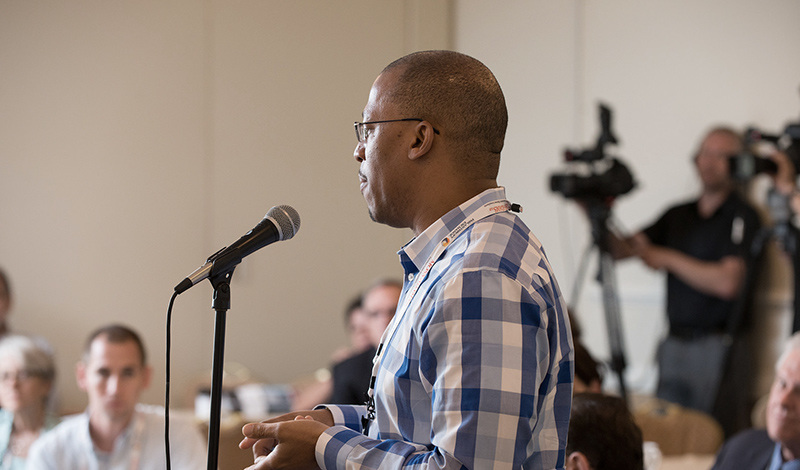Civics Connection
Being a smart, engaged participant in civic life starts with becoming a critical consumer of news and information. In the Civics Connections blog, we share ideas, strategies and resources for integrating news literacy skills into civics-aligned curriculum to encourage greater civic engagement among students.
What is engagement bait?
Curate a list of local journalists
News literacy and conspiracy theories
NLP Blog: Civic Engagement Indicator No. 2: Understand All Sides
NLP Blog: Civic Engagement in the 21st Century
Evaluating unnamed sources in news stories
Teachers, it’s time to embrace Wikipedia
Logical fallacies and discourse
Understanding and evaluating endorsements
Controversial conversations about current events
Using down-ballot races to encourage informed voting
Distinguishing among news, opinion and propaganda
Following your elected officials on social media
